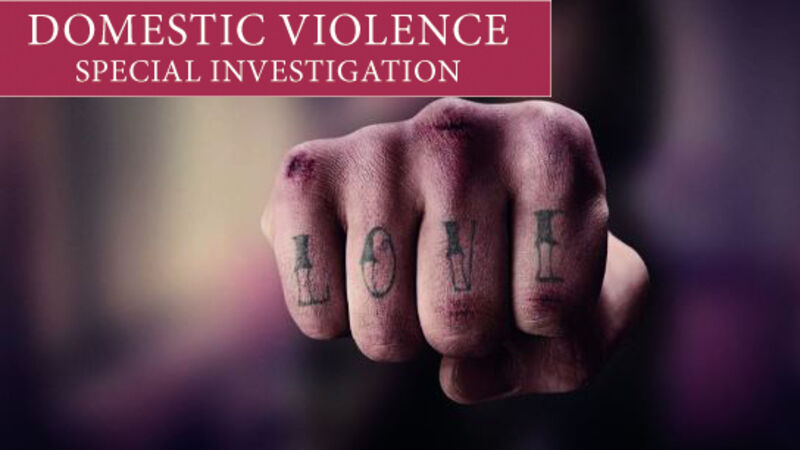Support groups a vital aid to victims

WHEN Women’s Aid was founded 39 years ago, the women’s liberation movement was only a few years old, the Commission on the Status of Women had not long delivered its first report and the marriage bar on working women had just been lifted.













